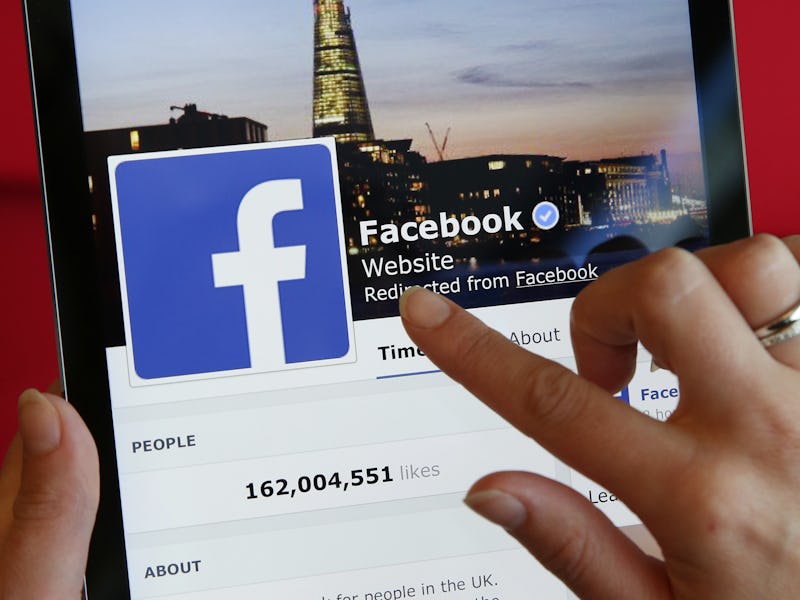Facebook Releases Statement on Rumors About Microphone Snooping
After rumors began circulating that Facebook was snooping on users through their phone's microphone, the company clarified what was happening.

While the rumor itself isn’t new, suspicions of Facebook spying on its users reached a fever pitch once again after a university professor rekindled the fire. This past week, University of South Florida professor Kelli Burns told NBC that Facebook was monitoring everything that its users did on their phones, and using the microphones on smartphones to eavesdrop on conversations.
“Anytime you’re using your phone, any kind of information that you’re putting into your phone, looking at on your phone, Facebook can access that,” said Burns. But yesterday, Facebook decided to strike back with a blog post that said this is simply not true — at least if users have certain things enabled (or not enabled), and only under certain circumstances. Here’s the full statement:
Facebook does not use your phone’s microphone to inform ads or to change what you see in News Feed. Some recent articles have suggested that we must be listening to people’s conversations in order to show them relevant ads. This is not true. We show ads based on people’s interests and other profile information – not what you’re talking out loud about.
We only access your microphone if you have given our app permission and if you are actively using a specific feature that requires audio. This might include recording a video or using an optional feature we introduced two years ago to include music or other audio in your status updates.
The particular feature mentioned above is designed to tag a specific TV show or song when users are making status updates.
The fears aren’t entirely unfounded at a time when fears surrounding cybersecurity are at a record high. Devices like Amazon Echo are always listening in this respect; able to detect what you’re saying, whenever you say it, in order to help assist you with what you need at home. But this, if it’s ever proven true to the point where it breaks a law, could feasibly be illegal — at the very least, it’s always a little creepy knowing that one’s experience on social platforms is always being tailored by their own actions.